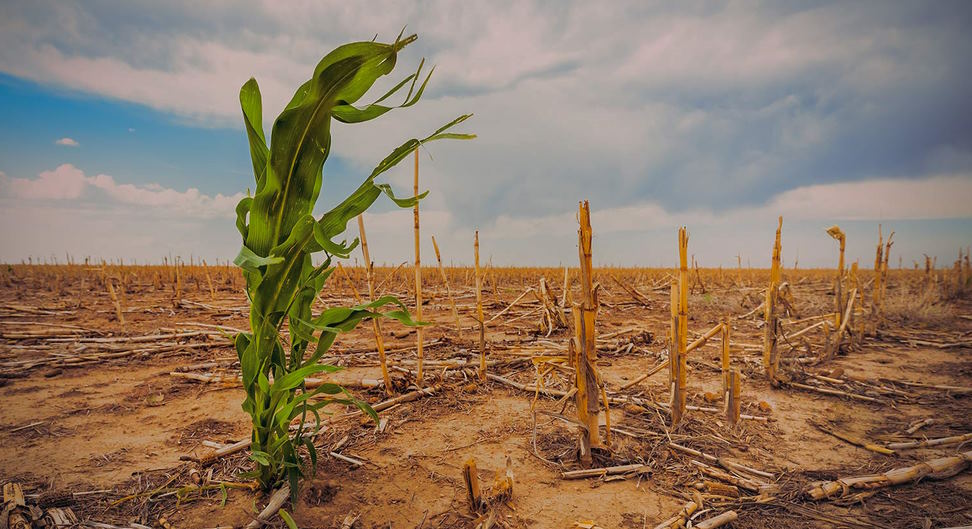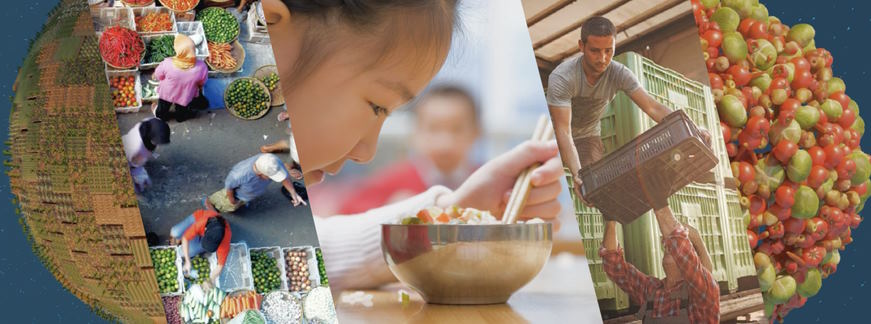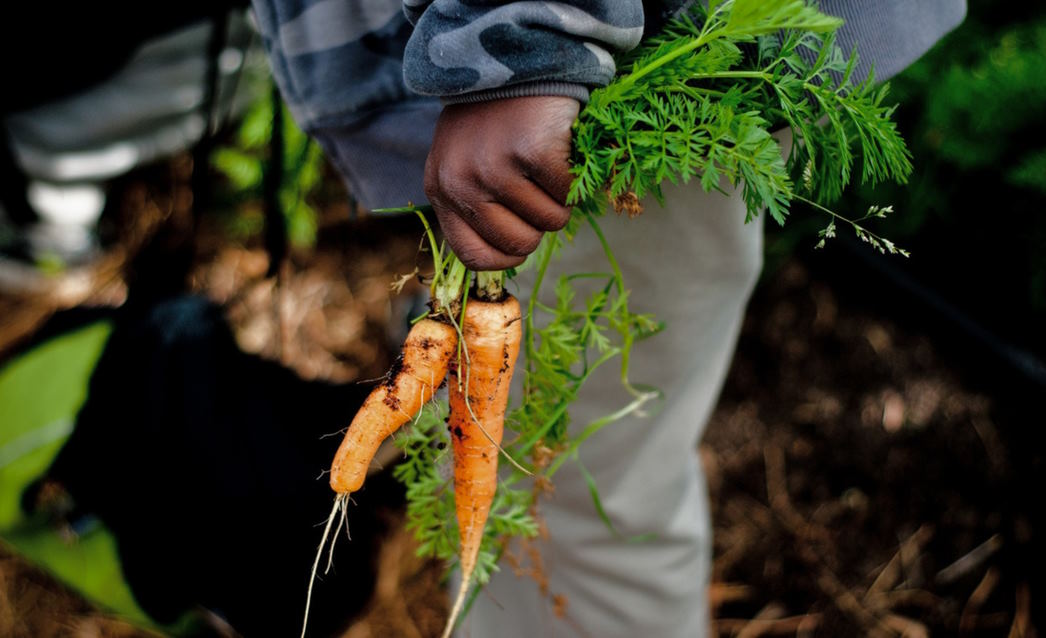The global food crisis has emerged as one of the most pressing challenges of our time, impacting millions of people worldwide. While various factors contribute to this crisis, climate change has become a significant driver, exacerbating food insecurity and threatening agricultural systems. As temperatures rise, weather patterns become erratic, and extreme events become more frequent, the ability to produce and access sufficient and nutritious food becomes increasingly precarious. Read More
In a world where hunger and food insecurity persist, the shocking reality is that a significant portion of the world’s food supply goes to waste. Food waste has emerged as a critical issue with far-reaching consequences, exacerbating the global food crisis we face today. As our population continues to grow, the need to address this issue becomes even more urgent. The impact of food waste extends beyond the simple loss of sustenance; it affects our environment, economy, and social fabric. Read More
As the global population continues to expand at an unprecedented rate, the task of ensuring an adequate and sustainable food supply becomes increasingly urgent. With each passing day, the demand for food surges, placing immense pressure on agricultural resources and posing significant challenges. However, amidst these challenges lie opportunities to revolutionize the way we produce, distribute, and consume food. Read More
In a world of abundance, it is disheartening to witness millions of individuals and communities grappling with food insecurity and inadequate access to nutritious sustenance. The glaring disparities in our food systems reveal a stark reality: not everyone enjoys the privilege of nourishing meals and a healthy lifestyle. This calls for a collective commitment to food justice—a movement that seeks to dismantle the barriers that prevent equitable access to nutritious food for all. Read More



